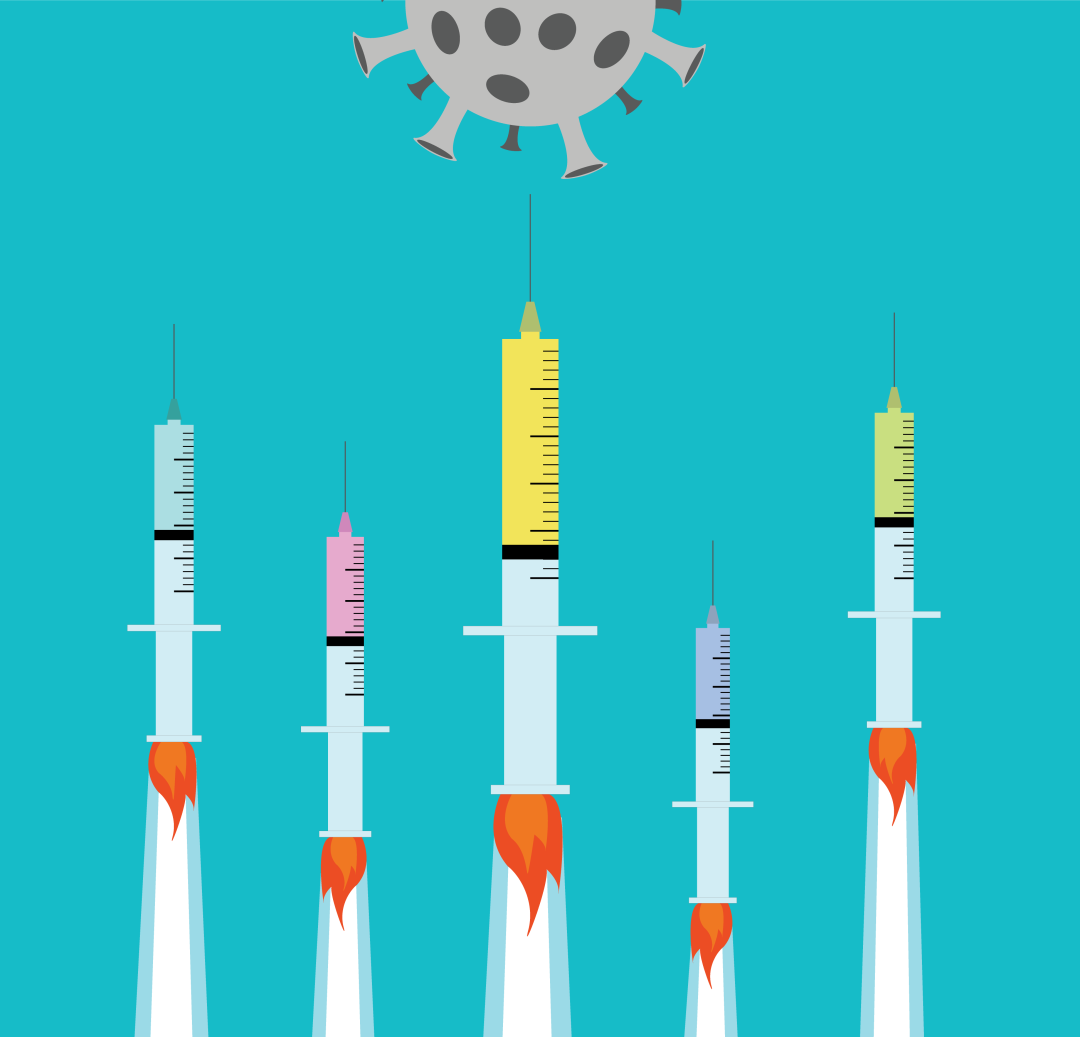Forget Boosters—Will You Need an Annual Covid Shot?

Image: GENETTICA / Shutterstock.com
What a difference a pandemic year makes. We went from counting precious Covid vaccine doses as they trickled into the state to having our pick of booster shots, only to have proof-of-vaccination mandates go by the wayside.
The pandemic's not over, but the conversation has already moved on to the endemic phase, where the disease is still present and pervasive and (yes, Covid truthers) lethal, but not surging as dramatically as we've seen in years past.
The main question right now is where we go from here, whether we'll need annual Covid shots like we do with, say, the flu. According to Dr. Deborah Fuller, a microbiology professor with UW Medicine who has several SARS-CoV-2 vaccines in development, the answer is likely yes.
That doesn't mean endless boosters, however. She's talking about completely new, next-generation Covid vaccines that researchers like her are approaching in a couple of different ways.
One is to create a single vaccine that's effective against all the existing variants of concern, from delta to omicron. Remember, the OG shots we all got were based on the ancestral strain, hence the rise in breakthrough cases as the virus mutated. Researchers at Walter Reed already published preclinical trial results for a pan-coronavirus vaccine they've developed.
Of course, there's no way to predict future variants unless you're a budding Nostradamus, so any pan-coronavirus vaccines might be more of a bridge method to enhance our immunity until other solutions are available. "We're going to take a devil of a virus and turn it into a whimper basically," Fuller says.
The other strategy is more of a moon shot: Identify conserved areas—the parts of a coronavirus that can't mutate because it needs them to survive—and create universal vaccines that find and target those parts of the virus, effectively destroying them.
"The idea is that you're going to generate this broad pan-immunity that will provide protection not only against all the variants of concern," Fuller explains, "but potential future spillover events so that you would prevent the next pandemic." Her UW colleagues, Neil King and others at the Institute of Protein Design, have such a "dream vaccine" currently in human clinical trials.
Of course, neither of these approaches to next-gen vaccines are a reality yet. Fuller predicts we're at least three or four years out from having something ready for market—and that's if they work.
"It sounds good to make a universal coronavirus vaccine—I'm very for it, working with people who are doing it—but...whether these universal vaccines will actually do better or not, actually needs to be proven," says virology expert Dr. Larry Corey, the former director of Fred Hutch who helped lead efforts for the NIH's Covid vaccine trials.
The main hinderance right now, he notes, will be funding. "I don't think we've actually set up a research infrastructure that is nurturing this. I don't think it would be dishonest to say, at the moment, there doesn't seem to be money in the [National Institutes of Health] system to start fostering this in a rapid way."
And that lack of funding and commitment from Congress and scientific leadership encompasses development of other post-pandemic tools for living with Covid: more potent vaccines that can prevent against infection, even nose drops or sprays to work in conjunction with shots. "I think that's where we need to push the envelope," Corey says.
So while it's likely that we'll all need an annual Covid shot eventually, who knows when that will become a reality.




